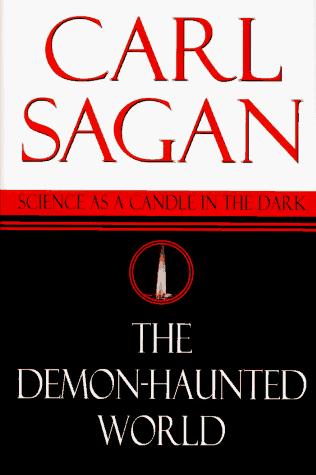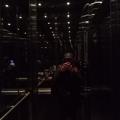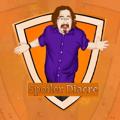Same conspiracy theories, different time
4 estrellas
Started off a bit weak but was well written and compelling by the end. Possibly a bit too much time spent on aliens.
Considering this book was published in 1997, it still applies today. I took away a note that conspiracy theories just evolve and fill a fundamental default need when we don't understand or are confronted with uncomfortable things.
Sagan emphasises a need for education, the scientific method, and critical thinking. I don't think he'd be happy how that has trended since writing this.
Something that interests me is how I see the supposed scientific method corrupted and used as a weapon by conspiracy theories and people pushing them. There's lots of calls for citizen science, making your own observations, and trusting yourself over experts.
It feels like that's not a bad thing, if only it could be channeled into something positive - not just people finding things that …
Started off a bit weak but was well written and compelling by the end. Possibly a bit too much time spent on aliens.
Considering this book was published in 1997, it still applies today. I took away a note that conspiracy theories just evolve and fill a fundamental default need when we don't understand or are confronted with uncomfortable things.
Sagan emphasises a need for education, the scientific method, and critical thinking. I don't think he'd be happy how that has trended since writing this.
Something that interests me is how I see the supposed scientific method corrupted and used as a weapon by conspiracy theories and people pushing them. There's lots of calls for citizen science, making your own observations, and trusting yourself over experts.
It feels like that's not a bad thing, if only it could be channeled into something positive - not just people finding things that support something they want to believe, or contradict something they don't want to believe.




